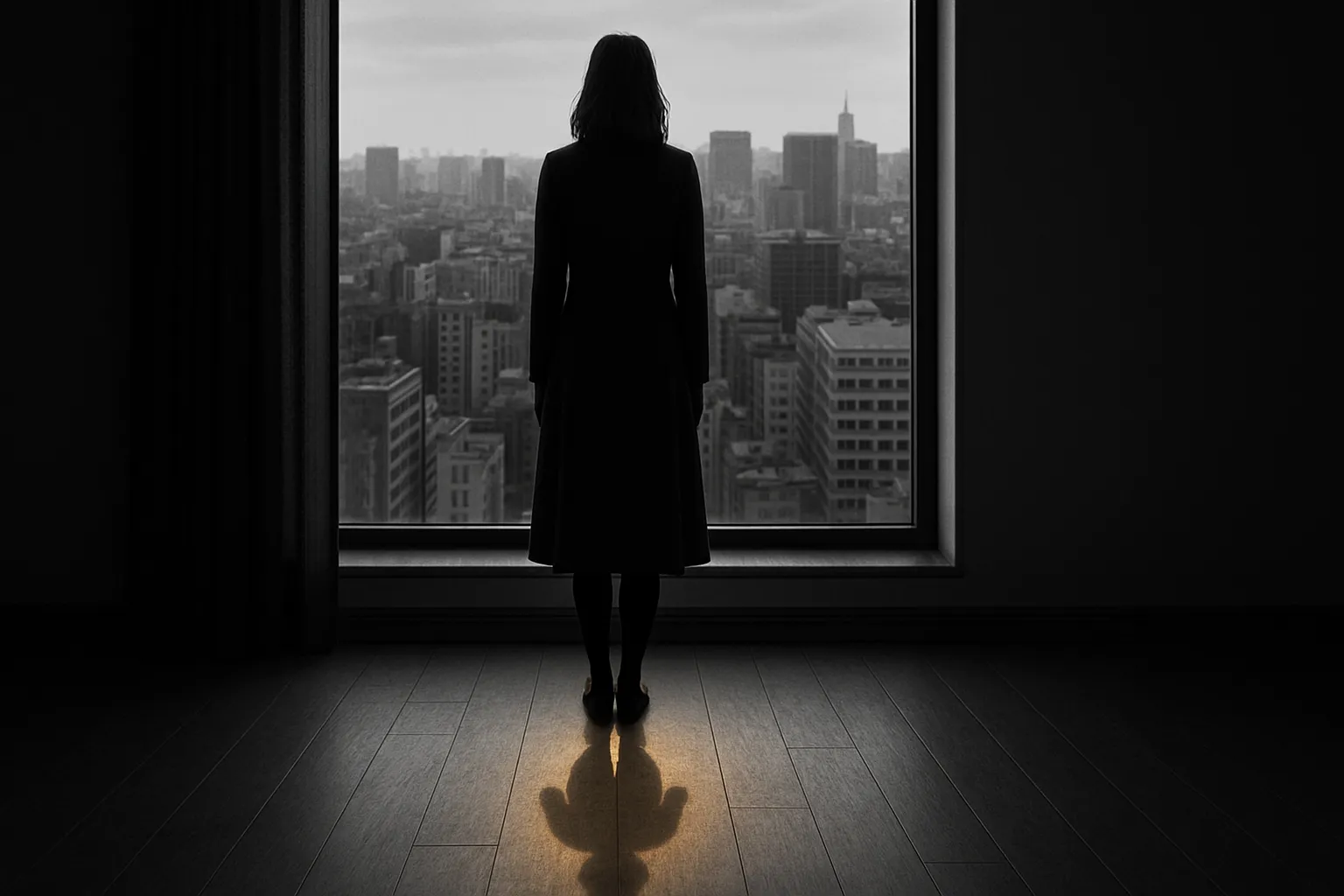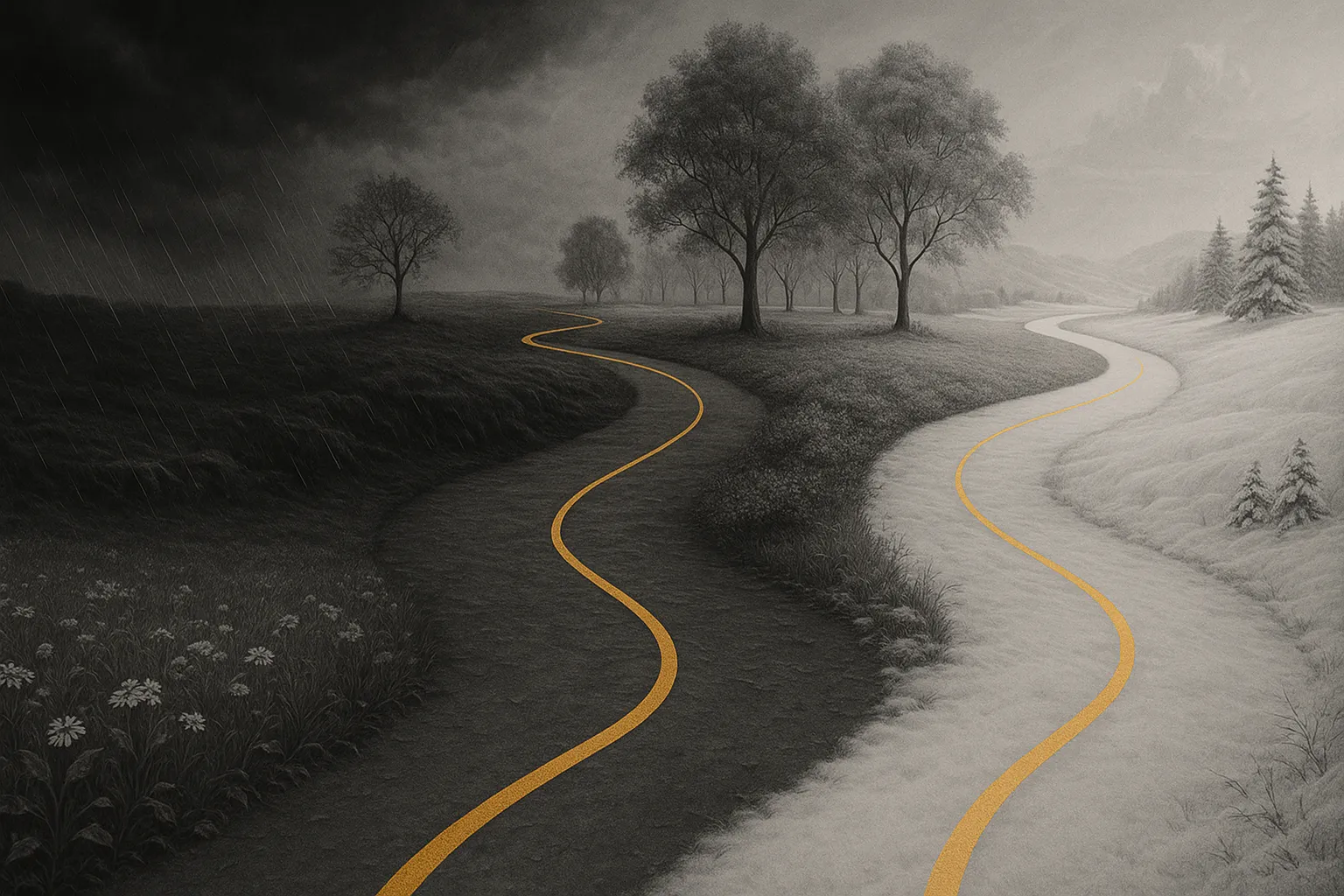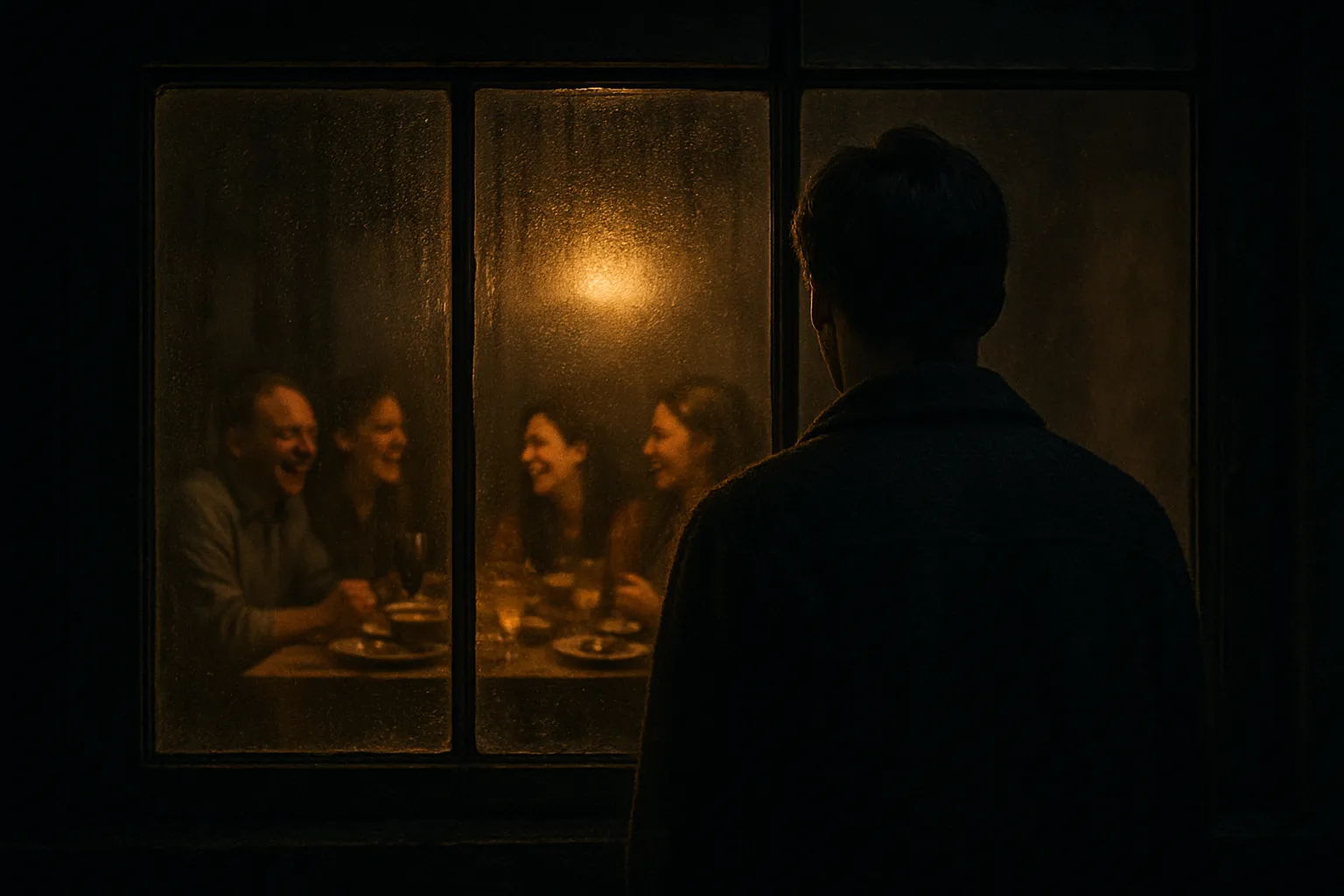How Childhood Experiences Shape Adult Relationships

The Invisible Script
Have you ever found yourself in a romantic relationship, repeating a pattern that feels strangely familiar? Perhaps you're always drawn to partners who need "fixing," or you find yourself panicking at the first sign of distance. It can often feel like we are following an invisible script, cast in a role we didn't consciously choose. The truth is, that script was largely written for us in our childhood. Our earliest relationships, particularly with our parents or primary caregivers, create the foundational blueprint for how we experience trust, intimacy, and connection as adults. Understanding this blueprint is not about blaming the past; it's about empowering yourself with the awareness to write a new, healthier future.
The Blueprint: How Attachment Styles are Formed
The most powerful framework for understanding this connection is Attachment Theory. Pioneered by psychologist John Bowlby, it suggests that our first bonds teach us the answer to a fundamental question: Can I rely on others to meet my needs? The answer we learn forms our attachment style.
- Secure Attachment: Develops when a caregiver is consistently responsive and available. The child learns that connection is safe and reliable. As an adult, they tend to be comfortable with intimacy, trust easily, and navigate relationships with a sense of security.
- Anxious Attachment: Often develops when a caregiver is inconsistent—sometimes available, sometimes not. The child learns that they must be vigilant and "protest" to get their needs met. As an adult, they may crave intense closeness, fear abandonment, and require frequent reassurance from their partner.
- Avoidant Attachment: Typically develops when a caregiver is consistently distant, dismissive, or rejecting of a child's needs. The child learns that seeking connection leads to pain, so they become fiercely self-reliant and suppress their emotions. As an adult, they often feel suffocated by intimacy and may withdraw when a partner gets too close.
The Script on Stage: How Childhood Patterns Appear in Adult Love
These early attachment patterns become our default settings in adult romance. An anxious individual might be drawn to an avoidant one, creating a painful "pursuer-distancer" dynamic that confirms both of their childhood beliefs. The anxious person's pursuit confirms the avoidant's fear of being engulfed, causing them to withdraw. This withdrawal then confirms the anxious person's fear of abandonment, causing them to pursue even more frantically. It's a self-fulfilling prophecy, written decades earlier.
More Than Attachment: Other Lessons We Learn
Beyond our core attachment style, our childhood family dynamics teach us other crucial lessons that we carry into our relationships:
- Our Model for Conflict: Did we witness our parents resolve disagreements with respectful debate, shouting matches, or the icy silence? We often unconsciously replicate the conflict style that was modeled for us.
- Our Beliefs About Love: Was love in our home expressed freely and unconditionally, or was it given as a reward for good behavior? This can shape whether we believe we have to constantly "earn" love from a partner.
- Our Relational Roles: Did you have to be the "peacemaker," the "responsible one," or the "family entertainer"? We can get stuck in these roles and unconsciously seek out partners who allow us to replay them, even if they no longer serve us.
You Are the Author of Your Next Chapter
It can be disheartening to realize how much of our relational life is influenced by the past. But here is the empowering truth: your childhood provides you with a default script, but it is not your destiny. The single most powerful step toward change is awareness. Simply understanding *why* you have a tendency to be a people-pleaser, or why you feel the urge to pull away when someone gets close, can dramatically reduce the power of that impulse.
Your past explains where you came from, but it does not have to dictate where you are going. Through self-awareness, compassion for the child you were, and a conscious commitment to making new choices, you can honor your history without being bound by it. You hold the pen now. You have the power to put down the old script and write a new story—one of secure, healthy, and fulfilling love.


